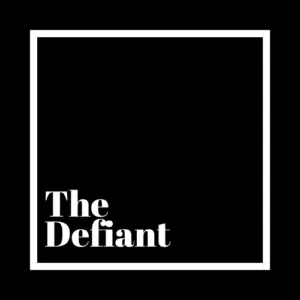We all thought Binance would be the first centralized exchange to pull it off: bring a massive exchange to the DeFi world smoothly, allowing users to enjoy everything they love about DEXs while enjoying razor thin bid/offer spreads and deep order books.
In the end, Bitfinex beat them to the punch. Formerly known as Ethfinex, DeversiFi was imagined in Bitfinex’s offices back in 2017 and incubated through to 2019 before spinning out to a stand-alone exchange in 2020. The concept is simple: DeversiFi aggregates centralized and decentralized liquidity, solving one of the main pain points faced by DeFi traders looking for deep order books.
But it comes at a cost.
Hacking ETH’s Limitations
Readers of The Defiant are keenly aware of the limitations of the Ethereum blockchain when it comes to high throughput use cases. This is addressed by DEXs in a myriad of ways: off-chain order books, batch matching, AMMs—we could go on.
DeversiFi decided to innovate by integrating a zk-Stark Layer 2 solution, allowing their platform to scale transactions per second dramatically while obfuscating the trading footprints left by the users of the exchange.
But the zk route means there is no composability to the main Ethereum chain. In layman’s terms, this means that DeversiFi’s order book is not readable by other smart contracts.
This might not sound like a big deal, but consider this: DeversiFi’s order books will not show up in DEX aggregators such as 1inch or Paraswap, even if chances are they provide some of DeFi’s tightest bid/offer spreads and depth.

There are workarounds to this limitation, which the DeversiFi team is working to deploy in the near future. Composability is a key focus for the team, as well as being able to enable instant withdrawals from the exchange (instead of having to wait for each batch to settle on the Ethereum blockchain).
But for now, throughput is coming by compromising on composability. DeversiFi won’t be able to play with other Money Legos yet.
[This story was written and edited by our friends at The Defiant, and also appeared in its daily email. The content platform focuses on decentralized finance and the open economy, and is sharing stories we think will interest our readers. You can subscribe to it here.]

